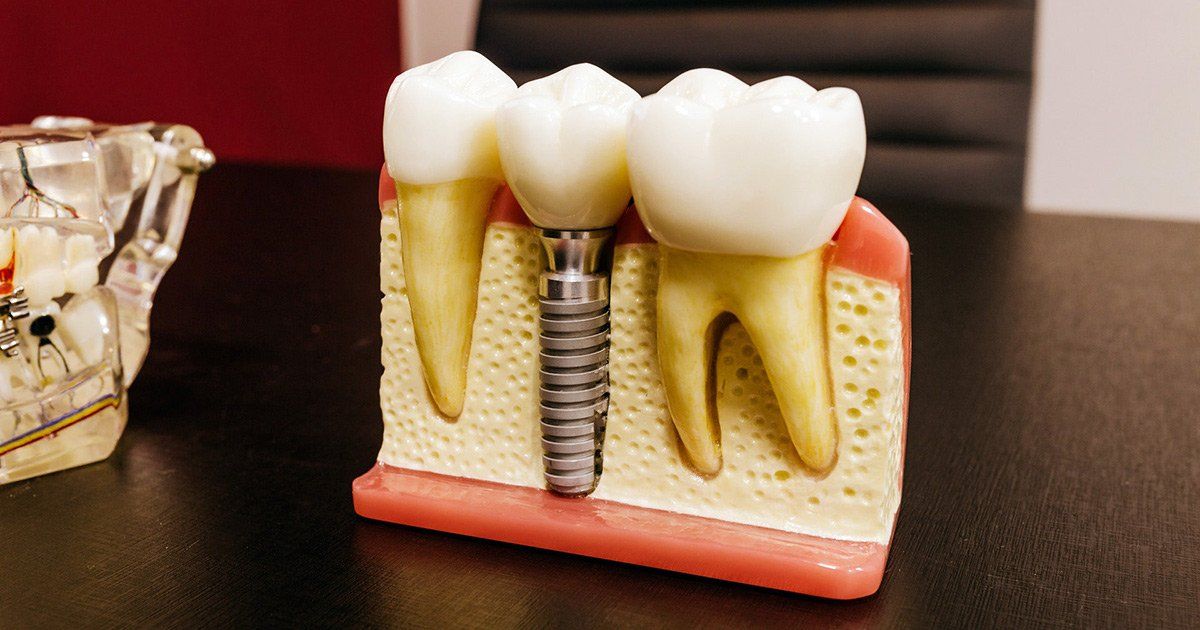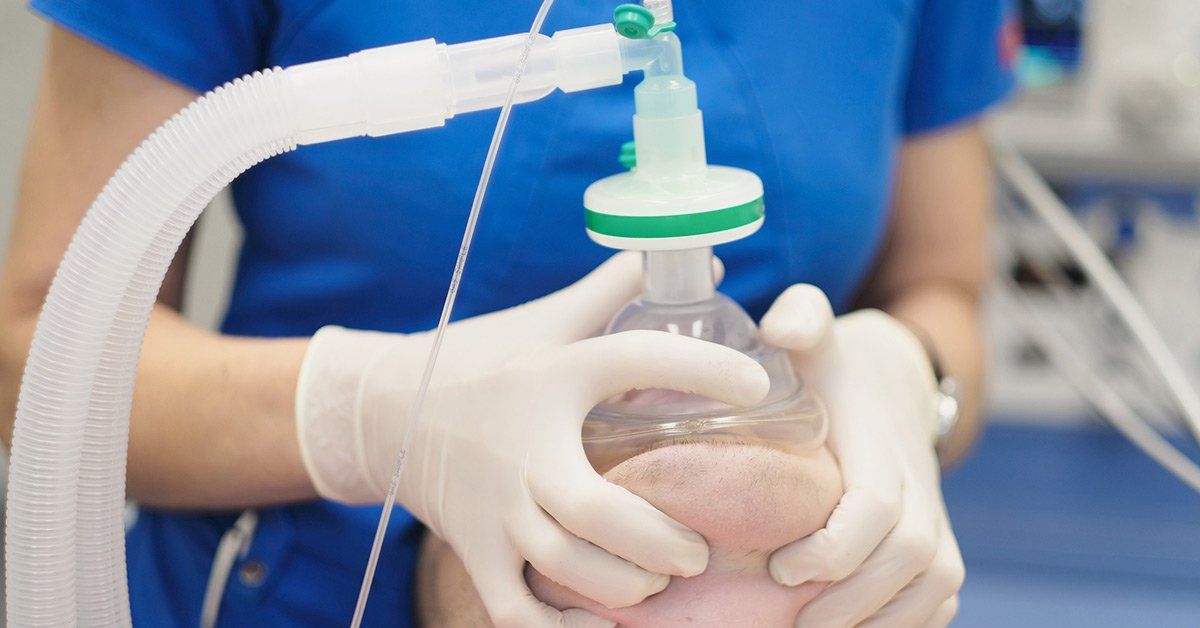What Options Do I Have When It Comes to Getting Dental Implants?
Do you think that you need dental implants but you're not sure what kind to get? Here are the different types of dental implants currently available today.
178 million Americans are currently missing teeth. Missing teeth can lead to a concern for your self-esteem and has the potential to lead to more serious problems like gum disease , and a shifting of the teeth.
Thankfully there is a solution to correcting the problem of missing teeth and improving your smile. Dental implants are becoming a preferred choice in those who want to replace missing or damaged teeth.
There's a lot to learn about dental implants: what they are, how they work, and the types of dental implants available. If you're interested in learning more about this oral improvement, keep reading!
What Are Dental Implants?
Dental implants are prosthetic replacement teeth. One of the benefits of dental implants is that they function like a real tooth, and many people cannot tell it is false.
The implant is merged with the jaw, creating a permanent stable base. You can eat, drink, and brush the tooth just as if it's real. Dental implants are not temporary and usually cannot be removed like dentures and for this reason, patients are drawn to the treatment.
Types of Dental Implants
To understand the different types of dental implants, let's look at the parts of the implant.
Dental implants are composed of three parts.
The fixture or the body is the part that is implanted into your jaw in place of your missing tooth. It's made of titanium and resembles a screw. Think of the fixture as the foundation of your implant.
The abutment is the part that connects the false tooth to the fixture. It looks like a small screw that sits directly on top of the fixture. The abutment is usually not placed until after the fixture has healed in the jaw.
The prosthesis or the crown is the false tooth that sits on top of the abutment either by screwing or another element that makes it permanent. The tooth is often composed of ceramic, porcelain or other materials, depending on what the dentist has to offer.
For the prosthesis, your dentist will form
There are two types of dental implants: endosteal and subperiosteal.
Endosteal implants are the most common type used today. They are the implants fused directly into the jawbone and are made of titanium. Endosteal implants are known for their longevity.
Subperiosteal implants are similar, but the difference is that it's placed directly above the jawbone instead of drilled into it. Subperiosteal implants are not used as often, so ask your dentist if they're still available.
Are You A Good Candidate For Dental Implants
Dental implants seem too good to be true compared to other dental fixtures in the past, and healthy people generally do fine with them.
Here are some things to consider if you're thinking about getting dental implants.
1. The Health of Your Jawbone And Gums
Even with a missing tooth, your jawbone and gums can still be healthy and strong. This is one of the most critical elements in being a good candidate for dental implants. The reason for this is because it needs to be able to withstand and hold the fixture, and a weak jawbone cannot do this.
If you're practicing good oral hygiene and having regular dental check-ups , you're likely a perfect candidate.
2. Underlying Health Conditions
In some cases, people with chronic health conditions like diabetes, high blood pressure, heart problems, and more, may not be eligible to receive dental implants. Your dentist will do a personal evaluation before any treatments to ensure you're healthy enough despite your health problems.
In most cases, many people qualify for receiving dental implants.
If your jawbone cannot support dental implants, and you still want a dental cosmetic procedure, talk to your dentist about other options you have to enhance your smile.
Dental Implants Procedure
The procedure for dental implants is not completed in a one-trip visit to the dentist. Having dental implants is a surgical procedure and can take months to complete, but the results are worth it.
It's important to remember that while this is a general method, each dentist will conduct the procedure differently due to the needs of the patient.
A typical procedure will begin with a consultation with your dentist. Once they deem you eligible for dental implants, then the dentist customizes a plan for you. This could mean taking bone grafts, x-rays, and more, to determine the first steps.
Once those steps are completed, you will set an appointment to have the fixture itself inserted. This is a surgical procedure. After the fixture is set in the jawbone, it will need to heal for several weeks as it fuses to the jaw.
After the healing time is complete, you will return to the dentist for the placing of the abutment. During this time, the dentist may take molds of your surrounding teeth to create a false tooth so that it blends in well.
The recovery time from dental implants is fairly low. You might have some pain or swelling, but with advice from your dentist, you can take OTC medications for comfort.
Cost of Dental Implants
Dental implants are considered a cosmetic procedure and likely not covered by insurance. In some cases, such as an injury to the tooth, insurance may cover the cost, but you would need to check with your insurance company.
A full set of dental implants is more costly than individual replacements.
The cost of dental implants can be affordable especially if you discuss financial options with your dentist office. Dental implants should be considered an investment because they are permanent.
Dental Implants: Are They Right For You?
Dental implants are a wonderful way to improve your appearance and maintain a quality of life that's easier than missing a tooth.
If you have any questions about dental implants and or are looking for a consultation, contact our office today !Mon: 8am - 2pm (by phone only)
Tue: 8am - 5pm
Wed: 8am - 2pm
Thu: 8am - 5pm
Fri: 7am - 2pm
603-288-1022

603-288-1022
All Rights Reserved | Dental Arts of Salem
Privacy Policy | Cookie Policy | Accessibility Statement I Terms and Conditions I Notice of Privacy Practices
Website designed and maintained by Xpress, INC










